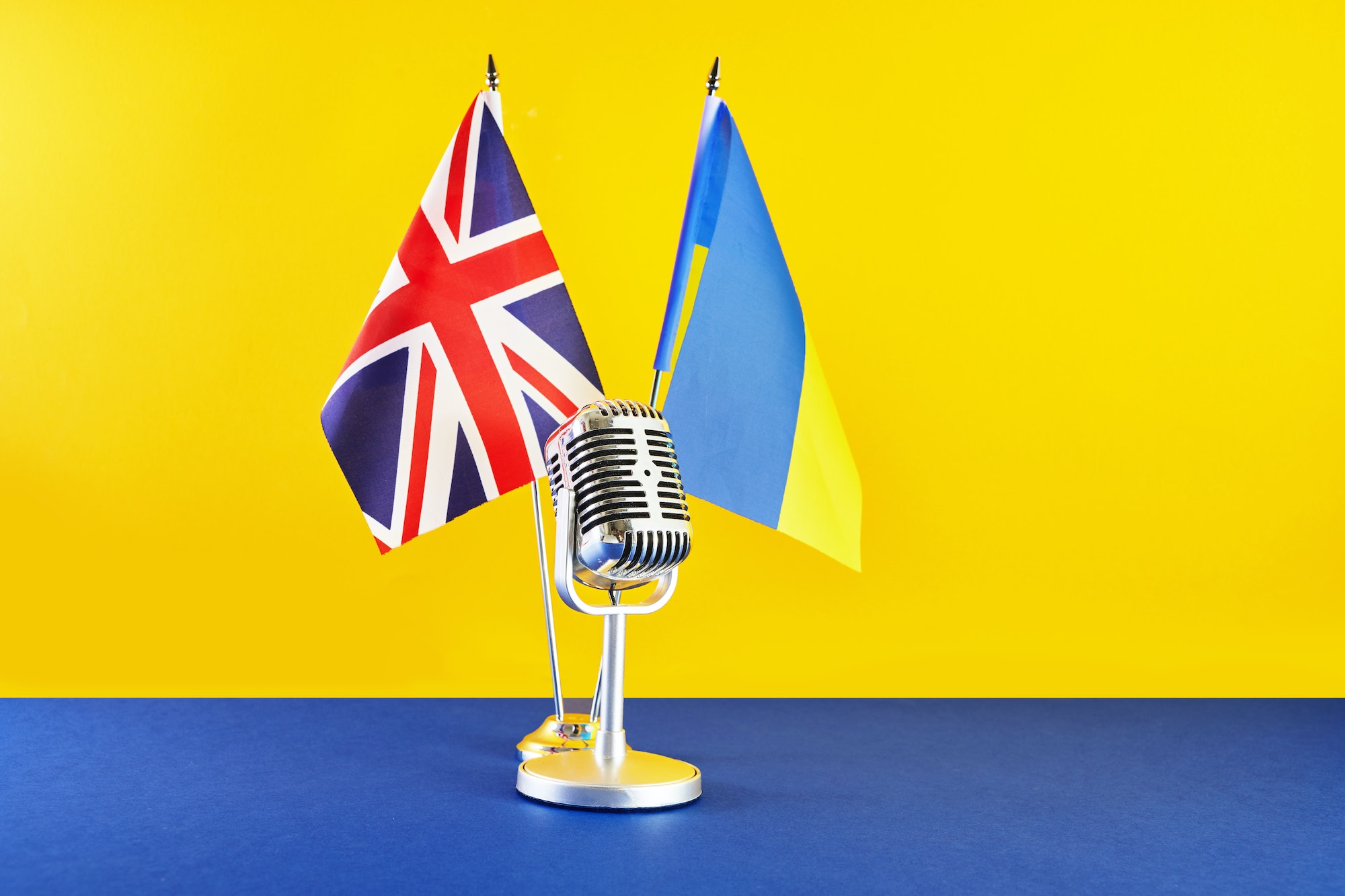What a night. What a city. What a team.
The nine-day event, which saw in excess of half a million people descend on Liverpool was held simultaneously on multiple sites across the city, and very well attended by thousands of people including families and children.
Baltic Broadband went over and above to get the city connected, in what is likely to be the largest event that our team has connected to date (see the pictures below).
Our project brief was enormous:
- Provide connectivity for Eurovision’s main systems (too many to mention!)
- Connect up over 300 hospitality venues for streaming, payment systems and free wifi for the many Eurovision parties that took over the city
- Provide free on-street wifi across the city so visitors connect once and roam
- Provide WIFI to 15,000 fans for the fan zone at the Pier Head, Baltic Triangle, St George’s Hall
- Provide connectivity for on-street retailers due to cashless policy’s
- Provide connectivity for ticketing systems, sensors, crowd control systems, drones, private radio systems, security companies and more
- Provide live radio station broadcasts from various retail stores and ad-hoc street locations
- Provide connectivity for CCTV, lighting systems, radio systems, drones and streaming at St Georges Hall
- Provide Data Centre space for streaming companies to host their own equipment locally
- Provide our Portable connectivity solutions for aircraft doing live streaming above the city
- Provide our Portable connectivity solutions for streaming on board a cruise ship doing the rounds on the River Mersey
All in all, we connected thousands of people, hundreds of venues, emergency services, security companies, ticketing providers, broadcasters, streaming providers and production companies with fast, super reliable, low latency internet.
The Technical Bit
We provided over 100Gbps of connectivity to Eurovision, delivered using Fibre, Fixed Wireless Access, Satellite and 4G/5G and LoRaWAN, including layer 2 point connectivity between various venues.
All sites had multiple routes in and out and were delivered using all of the technologies above, employing various routing technologies to aid resilience (for example fibre connections had radio failover and radio had satellite failover).
It was interesting to see our Portable Connectivity Solutions deployed in full, for example, the Connectivity Vehicle was out doing live broadcasts for radio stations and social media crews, The Roving Racks ended up in various hospitality venues for live streaming (who suffered from poor broadband from other providers) and one of the Baltic Backpack’s ended up on board a ferry cruising from Pier Head, again for live stream of the Eurovision Final.
Several media crews took Baltic Backpack’s with them to do on-street social media streaming, such as the TikTok teams, providing them with around a 50Mbps high availability link to walk around with, without dropping any frames in the stream.
Our city-wide WiFi network (called Eurovision Free WiFi) was very popular as it allowed people to connect once then roam around the city at the official events and on the streets but also in many Baltic Broadband’s customers venues, which helped drive footfall as we later discovered (venues reported to us people asking if Eurovision wifi is available at their venue). Each WiFi access point had 1Gbps connected to it from a central 40Gbps core, resulting in rapid speeds for users even when thousands were connected.
Another interesting angle is the multiple roof-tops that we provided connectivity to, which had been designated Drone launch sites. Many of the Drones were being used to stream live images above the city, which had a ground radio to receive the stream that we connected with multiples of 1Gbps connections. Like with all of our network, we’re heavily peered with other networks, so it had the benefit of having a low latency from the Drone through to social networks that resulted in minimal transmission delays, including the termination of live streams on equipment placed within our City Centre Data Centre’s during the event.
Powering the network was done using existing mains power from our existing sites that use our renewable energy that we generate ourselves here in the region, the other sites used leisure batteries taken to the site, while one of the major event sites was powered using a Tesla Model S that we hacked, a very expensive drive-to-site battery!
Conclusion
We recorded 128.8 TB of data used over the Eurovision period, much of it was download as you’d expect, however quite a significant amount was upload due to the large amount of streams and content uploads taking place.
I’m very proud of the work done by the Baltic team and I award them douze points for their hard work and commitment to our customers.

